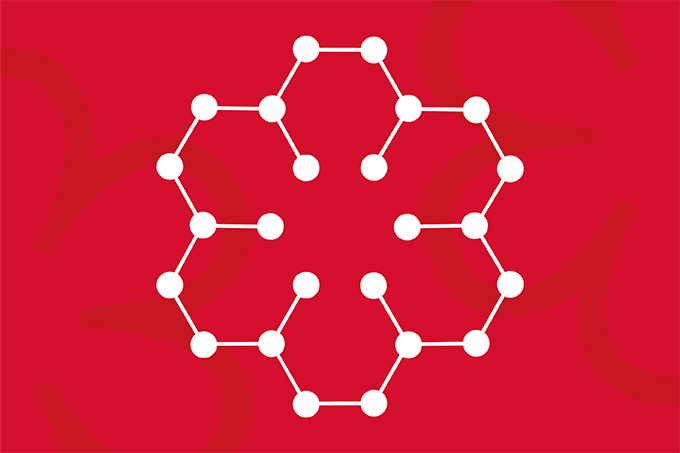Goodbye chromatography? MIT engineers have devised an alternative to chromatography for lower-cost protein purification, using nanoparticles functionalized with bioconjugates to rapidly crystallize proteins. The standard chromatography-based approaches require specialized resins and strict quality control, increasing the cost of purification. The researchers say the new method can rapidly crystallize proteins at much lower protein concentrations. “The goal is to reduce the cost so that this kind of drug manufacturing becomes affordable in the developing world,” said senior author Kripa Varanasi in a press release.
Green diarylethene? With the popularity of diarylethene-based photoswitches across chemistry, materials science, and biotechnology industries, researchers at The State University of New York set out to improve the purification process. HPLC and supercritical chromatography (SFC) methods were developed to separate photoswitchable isomeric compounds, which allowed for quicker analysis while maintaining a sufficient baseline solution for separated compounds. The end result, the researchers say, is much less solvent waste.
Cooking with crickets. Growing environmental and food scarcity concerns are turning the world’s attention to insects as a cheap and sustainable protein-rich source of nutrition. With this in mind, scientists from the US Department of Agriculture, the Department of Grain Science, and Kansas State University have combined size-exclusion chromatography with SDS-PAGE to characterize cricket protein powders and products. They found that differences in processing changed the functionality of the products, which impacted their interactions when added to a wheat dough-based system.
Fermentation: the future of coffee? Researchers at Zurich University of Applied Sciences, Switzerland, have discovered that the fermentation of coffee creates flavors akin to fruit juices, according to unpublished data revealed ACS Spring 2023. They divided arabica beans into groups and prepared them in three different ways: washing the beans with water, removing the skin from the bean, and fermenting the whole coffee fruit in stainless steel tanks with carbon dioxide. After each group was brewed, the samples were analyzed with gas chromatography (GC) olfactometry-mass spectrometry. The team identified six compounds that contributed to the fruity flavor and raspberry scent. Samo Smrke, a research associate in the team’s lab, said in a press release: “There’s still quite a lot of unknowns surrounding this process” – and that could lead to further interesting coffee flavors in the future.
Chemical analysis of ladybird footprints by GC-FID and GC-MS demonstrates their importance for inter-species recognition, predation, and competition. Link
LC-HRMS analysis finds uracil and nicotinic acid in samples from the near-Earth carbonaceous asteroid Ryugu, adding to evidence that important building blocks for life are created in space. Link
Researchers use thin-layer chromatography combined with chemometrics to check honey quality mixed with bee pollen. Link
Scientists trap and monitor tsetse flies using volatile sex attractants – informed by GC-MS analyses – to curb the spread of various infectious diseases. Link
Beijing University of Agriculture researchers combine liquid chromatography-ultraviolet and a supramolecular solvent to detect benzimidazole residues in environmental soil. Link




